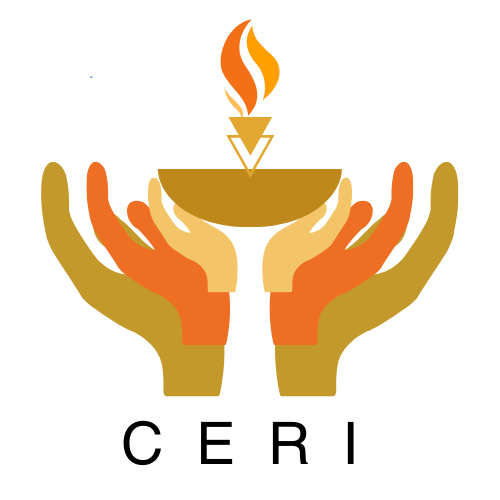Mission: CERI cultivates the healing, advocacy, and empowerment of refugee and immigrant communities affected by war, torture, genocide, and other life-altering traumas, weaving together their intergenerational resilience into a holistic model of community mental health care.
Center for Empowering
Refugees & Immigrants
Vision: A resilient community living life with joy, determination, purpose and love.
Our Origin
Led by the strength of survivors
CERI was established in 2006 through the vision of Dr. Mona Afary, an immigrant from Iran and women’s rights advocate, working alongside community members, care coordinators, providers, and policymakers to advance mental health care for refugees and immigrants in the Bay Area.
This vision found its heart and strength in the partnership of CERI’s participants — survivors of the Khmer Rouge genocide — who, for over 20 years, carried the heavy burden of PTSD and decades of silence. It was the courage and determination of these Cambodian refugees that transformed this vision into a powerful reality and laid the foundation for CERI’s journey.
Our community
Rooted in healing, community, and empowerment
Over time, the organization’s mission grew, embracing intergenerational mental health care, advocacy, and social services alongside training, education, and cultural enrichment.
Each program fosters individual healing and collective empowerment, We create space for community-led systemic change, and community members can inspire others.
CERI is a vibrant sanctuary of Cambodian, Vietnamese, Burmese, Afghan, Tibetan, Nepali, Iranian, and Eritrean communities across the Bay Area.
At CERI, we want you to feel at home . We provide holistic, trauma-informed, and culturally-rooted, and community-led care. We foster a loving environment that celebrates diverse cultures and collective healing.
-

Mental Health Services
Description goes here -

Social Services & Care Coordinators
Care coordinators offer systems navigation, accompaniment, and interpretation/ translation to anyone who walks in the door. Care coordinators are trained in Lay Counseling, and can provide skilled emotional support that is culturally contextual and in-language — helping to fill the gaps in “traditional” mental health care.
-

Youth Services
We believe that healing also happens through communal activities. Group-based care has been central to our model since our beginnings. We have at least 10 different groups serving our diverse communities where they can participate in meditation, dancing, gardening, knitting, or cooking with the community.
-

Art & Culture
Our work is grounded in the belief that health, justice, and liberation are interconnected. In this era of increasing threats to immigrant and refugee communities, healing justice is an embodied practice in our work, where we weave together cultural-based healing with collective action, recognizing that the personal is political.
-

Leadership & Advocacy
CERI doesn’t just provide services—we amplify voices. We’ve played a key role in shaping mental health policy recommendations with immigrants and refugees in California, and support civic engagement through multilingual voter education and registration.




